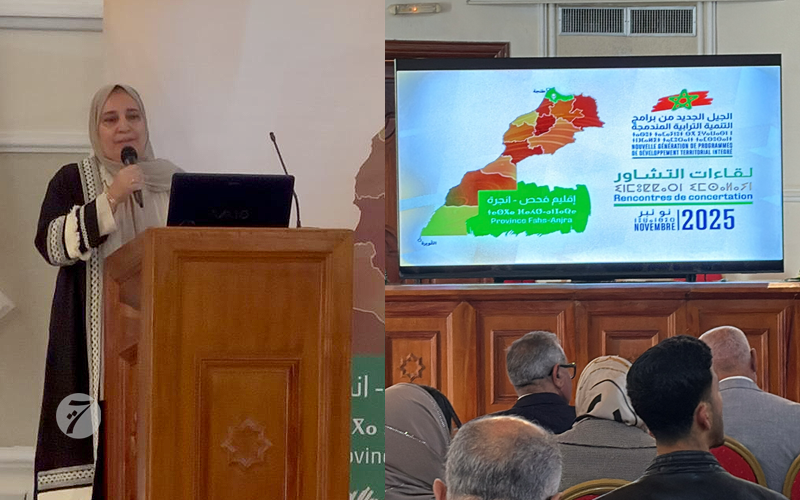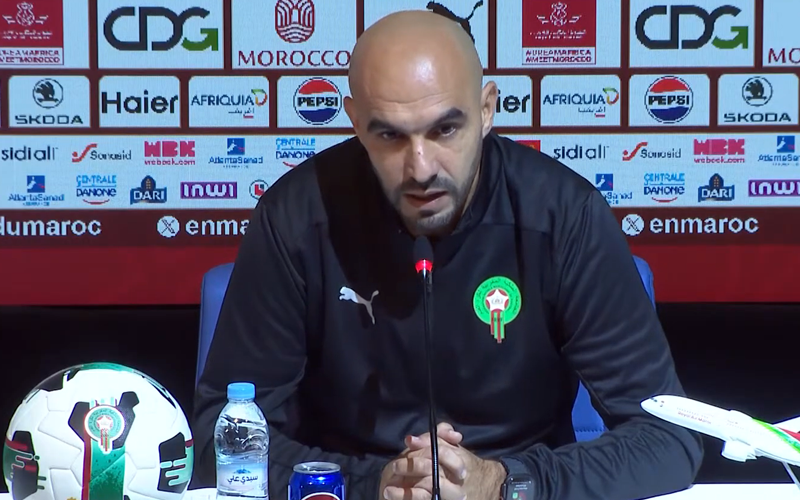Thousands of Moroccans and immigrants from various countries who have built new lives in Canada now face the threat of forced departure. With the impending introduction of a new immigration plan for the period 2026-2029, aimed at reducing migrant numbers, concerns are growing.
Moroccan migrants—particularly temporary workers and students—fear losing their chances for permanent residency. This plan is expected to be officially presented by November 6, 2025, and could be implemented starting January 2026, putting approximately 80,000 Moroccans in Quebec at real risk.
### A Thriving Moroccan Community at Risk of Collapse
Moroccans make up one of the largest Arab communities in Canada, numbering around 100,000 according to 2021 statistics, with a significant concentration in Quebec that hosts over 81,000. In 2025, 1,835 Moroccans obtained Canadian citizenship, making them the second-largest national group in this regard at a rate of 7%. These migrants, working in sectors such as technology, healthcare, and education, have significantly contributed to the province’s economy but now face a political shift that could upend their lives.
History shows this community’s sensitivity to change. In 2020, reforms to the “Quebec Experience Program” (PEQ) sparked widespread anger among Moroccan students and workers, who viewed it as a threat to their futures. Today, with the program suspended until November 30, 2025, anxiety is renewed, especially as thousands of Moroccans study in French-speaking Quebec universities and rely on these pathways for permanent residency.
### The New Plan: Radical Cuts and an Imminent Implementation Date
The Quebec government announced an immigration plan for 2025 that aims to accept only between 48,500 and 51,500 permanent immigrants, compared to 66,000 in previous years, with even greater cuts to temporary immigration by 13%. The anticipated 2026-2029 plan includes scenarios reducing numbers to 25,000 to 45,000 annually, with less emphasis on temporary workers and students. These measures, set to be presented in the National Assembly by November 6, 2025, are expected to take effect in January 2026, meaning current temporary permits may not be renewed, and timelines for obtaining permanent residency will lengthen.
For Moroccans, who constitute a significant portion of foreign workers in hospitality and services, this poses immediate risks. If they cannot access the PEQ or the skilled worker program (reopening in July 2025), they may be forced to leave the country.
Simultaneously, Quebec is urging Ottawa to reduce 200,000 temporary workers and asylum seekers, exacerbating pressure on communities like the Moroccan.
### Human and Economic Risks: Real Stories
“I feel deceived,” many Moroccans express their fears. The greatest risk lies with students: thousands of Moroccans study in Quebec, but cuts could prevent them from staying after graduation, leading to a “brain drain” in reverse.
Experts warn that these policies will hinder the attraction of highly qualified talents, especially in rural areas facing demographic deficits.
Economically, this could result in significant losses; Moroccans represent 72% of economic migrants in Quebec for 2025. Should tens of thousands leave, the employment crisis in vital sectors will worsen, mirroring past trends where changes led to decreased retention of immigrants.
Source
















